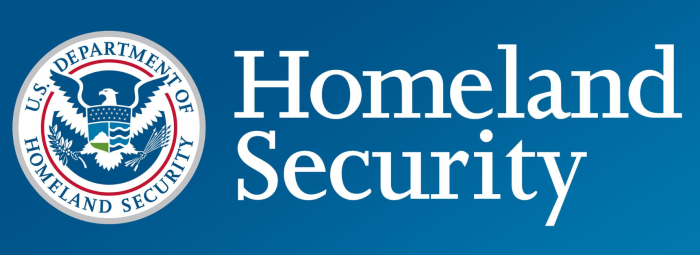 Internet usage among seniors is at an all-time high with more than half of the population using it to plan travel, find information, connect with family and friends, and much more. While it can be a great source of joy, it also comes with risks for those who are not careful. Scammers are lurking on websites, social media pages and other online outlets with the intention of taking advantage of everyday users. Since today marks the last day of National Cybersecurity Awareness Month, we decided to bring awareness to ways you can stay safe online. The Department of Homeland Security has created a checklist of simple actions you can do to stay safe from online scammers that we want to share with you:
Internet usage among seniors is at an all-time high with more than half of the population using it to plan travel, find information, connect with family and friends, and much more. While it can be a great source of joy, it also comes with risks for those who are not careful. Scammers are lurking on websites, social media pages and other online outlets with the intention of taking advantage of everyday users. Since today marks the last day of National Cybersecurity Awareness Month, we decided to bring awareness to ways you can stay safe online. The Department of Homeland Security has created a checklist of simple actions you can do to stay safe from online scammers that we want to share with you:
- Choose a strong password with eight characters using a combination of numbers, letters and symbols that means something to you
- If you use social networking sites, make sure you limit how much personal information you provide and change your security preference to “Friends Only”
- Avoid opening attachments from emails or clicking on links from unknown senders to your email
- Never send personal information over email to a person or company you do not trust
- Install or update your computer’s antivirus and anti-spyware. If you do not have any, it can easily be purchased from a local office supply store.
- Only add people you know on social media sites
- When shopping online, make sure the website starts with “https” and that it has a padlock icon at the top of your browser. These mean that the website encrypts your information so it cannot be recognized by anyone.
If you know someone who may benefit from this information, share this page with them to help prevent scammers from stealing their information, or worse, their identity.
For more information on ways to avoid scammers, visit https://www.dhs.gov/publication/stopthinkconnect-older-american-resources.

